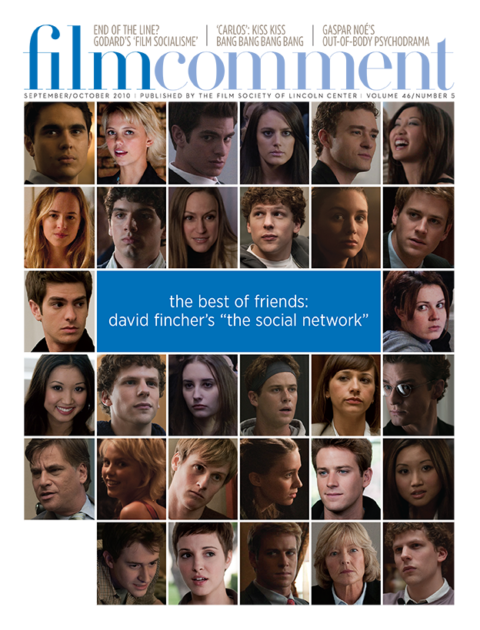
Fans of medieval multihyphenate Hildegard von Bingen can at last burst into plainsong: Margarethe von Trotta herself has brought the abbess’s remarkable life and times to the screen. Perhaps unsurprisingly, Vision is didactic and a bit stilted—although to be fair, so are most mainstream biopics rehashing historical events more familiar than this one, which presents its subject as a rousing protofeminist.
Von Trotta’s soberly intent drama follows Hildegard on her rise to power from humble entrance into a convent at a very young age. When her visions begin to occur, they’re almost a spiritual correlative to Hildegard’s outsized ambitions for her order (and one beloved overeager pupil). But despite the depth of faith on display and the extraordinary visions she attributes to “the living light,” the film’s confrontations and revelations are repetitively staged and shot, and mindnumbingly scored to flag important moments.
There’s no doubt that von Trotta is crafting something more complex and layered than the life of a saint—witness the opening scene of millennialists emerging to find that nothing has changed on the morning of the predicted apocalypse. Though the action is plainly presented, that doesn’t preclude a sense of irony or critical distance; for one thing, von Trotta gives aristocratic prerogative almost as much attention as divine inspiration, and Hildegard’s moment of greatest passion arises not from a crisis of faith but from the loss of a companion.








